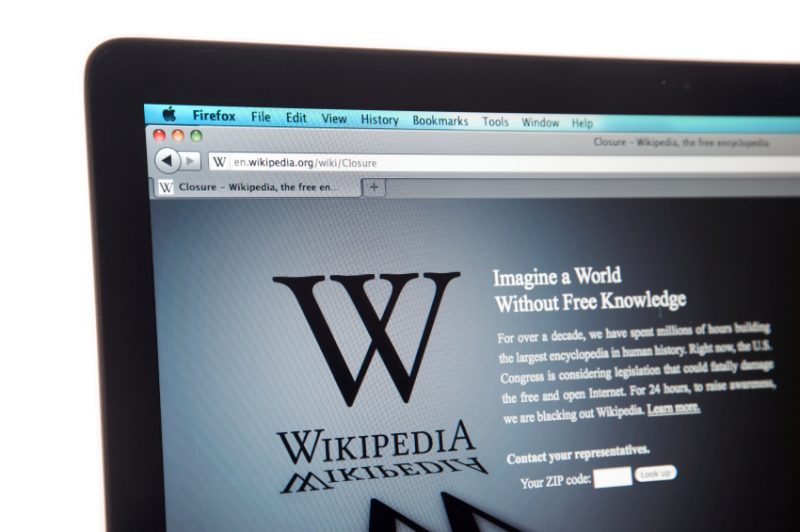
As we discussed in March, Wikipedia was considering an amendment to its terms of use that would require more disclosure from editors that are paid to contribute to the online encyclopedia. Now the Wikimedia Foundation has made its intentions even more clear. “We are reinforcing that paid advocacy is not welcome,” spokesman Jay Walsh told the Wall Street Journal’s Jeff Elder in an interview following the announcement of a new executive director, Lila Tretikov. A closer look, however, reveals that this issue still has many nuances.
One major impetus for the proposed changes was Wikipedia’s clash last year with Wiki-PR (an unaffiliated agency). Offering editing as a service, the agency has attracted major clients such as Viacom and Priceline. Last October, when Wikipedia banned more than 250 editors that it suspected were being paid to promote clients, Wiki-PR was the most visible firm associated with those allegations. It even received a cease-and-desist letter. In a January interview with Business Insider Wiki-PR CEO Jordan French offers a much different perspective. While pointing out that Wikipedia’s current terms of service don’t specifically address paid editing, French says that’s not the only way his firm helps clients:
There’s no reason to directly edit. We’re helping people with other ways to do it. [We are telling them things like] here are the editors and other people you should talk to solve whatever the problem is.
A Complex Issue
Wiki-PR’s experiences reflect the complexities surrounding the practices that fall under the umbrella of “conflict-of-interest editing.” “The act of accepting money or rewards for editing Wikipedia is not always problematic,” states current Wikipedia guidelines. But “paid editing for promotional purposes, or paid advocacy editing as we call it, is extremely problematic,” according to former Executive Director Sue Gardner. A FAQ accompanying the proposed amendment, however, acknowledges that “it is hard to solve the problem of paid advocacy editing without accidentally discouraging good-faith editors, like the various GLAM (gallery, library, archive, and museum) projects.” And even the practices of such institutions as “Wikipedians-in-Residence” have been called into question.
Wikipedia’s Conflict of Interest Guidelines
The encyclopedia’s own “Conflict-of-interest editing on Wikipedia” entry provides a helpful overview of the issue. It mentions the open-ended “Ignore All Rules” policy, which some have used to defend questionable editing practices. The entry also covers specific incidents, such as Wikipedia co-founder Jimmy Wales making edits to his own biography in 2005. “If you see a blatant error or misconception about yourself, you really want to set it straight,” he explained at the time. But “people shouldn’t do it, including me,” he maintained. Wales struck a more serious tone after the Wikimedia Foundation fired one of its employees for engaging in paid editing this January, saying that he “very very strongly condemn[s] such editing, and this is no exception.”
In an op-ed for The Daily Dot, management professor Dariusz Jemielniak argues that “paid edits from officially registered PR accounts would more likely adhere to the rules and serve the purpose of developing Wikipedia.” The new disclosure requirements in the amendment under consideration could make that possible, but the Wikimedia Foundation sounds eager to quash most forms of paid editing, not institutionalize it. Still, Jemielniak seems certain of one thing: “Paid edits do and will take place on Wikipedia. Just ignoring this phenomenon will not make it go away.”

